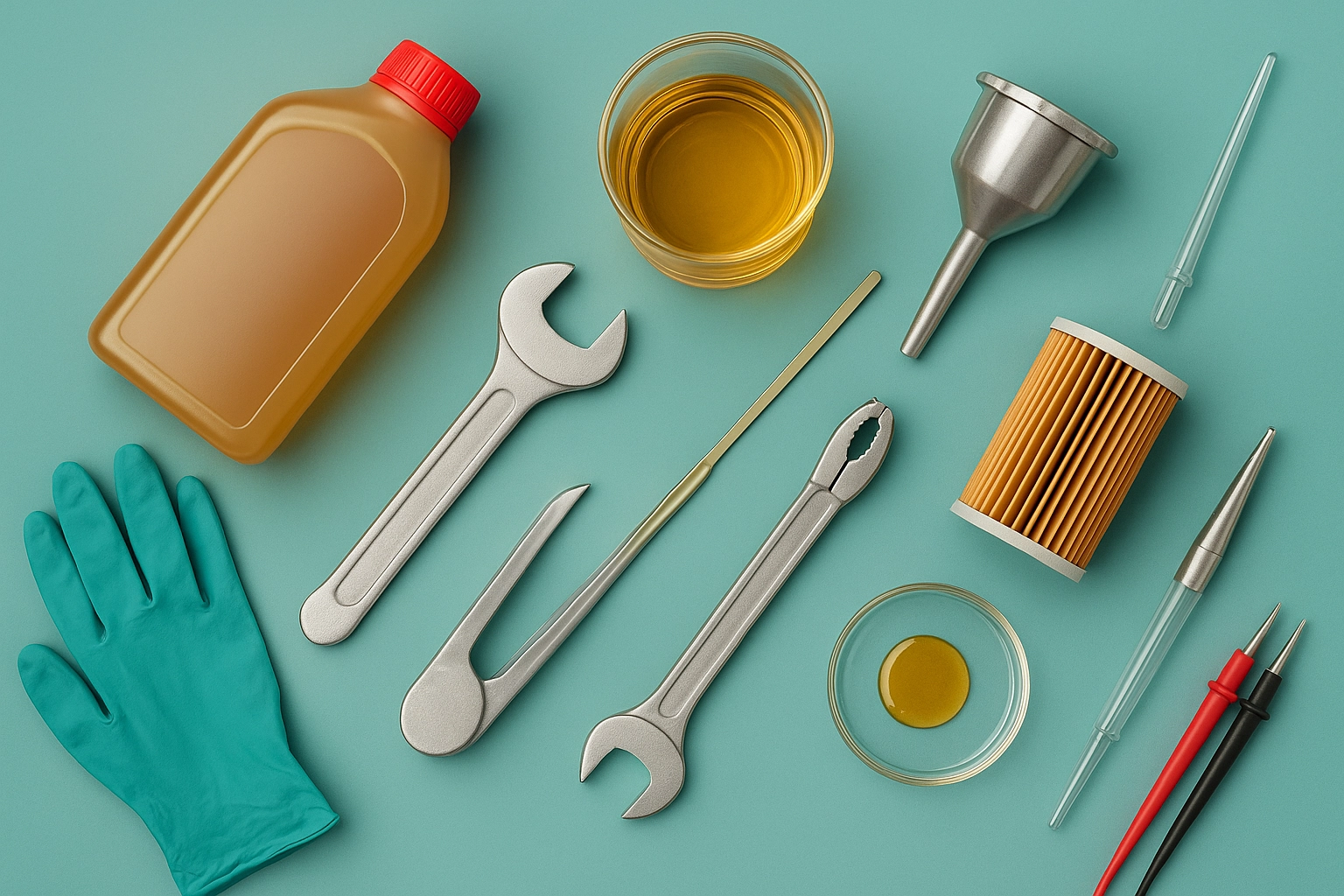JIS K2208 Lubricant Oxidation Stability Testing
The JIS K2208 lubricant oxidation stability testing method is a critical procedure designed to evaluate the resistance of lubricating oils and greases against oxidative degradation during storage or use. This test is especially important for quality managers, compliance officers, R&D engineers, and procurement specialists in the automotive sector as it ensures that lubricants maintain their performance over time without significant loss of effectiveness.
The JIS K2208 standard specifies a procedure to determine the oxidative stability of petroleum products intended primarily for internal-combustion engines. The test is performed under controlled conditions, which simulate real-world storage and operational environments. Understanding this method helps in ensuring that lubricants meet or exceed regulatory requirements set by international standards like ISO and ASTM.
During the testing process, a sample of the lubricant is exposed to high-temperature conditions in an oxygen-rich environment for a specific period. The rate at which the lubricant forms peroxides during this time indicates its oxidative stability. Peroxide value (POV) is calculated as a measure of oxidation stability. A lower POV suggests better resistance to oxidative degradation, indicating higher quality and longer shelf life.
The JIS K2208 method ensures that lubricants maintain their properties under various storage and operational conditions. This is crucial for the automotive industry where reliability and performance are paramount. By adhering to this standard, manufacturers can ensure that their products meet stringent requirements set by industry bodies and regulatory authorities worldwide.
Quality managers and compliance officers rely on accurate testing results to make informed decisions about product quality and safety. R&D engineers use these tests as a basis for optimizing formulations to improve the oxidative stability of new lubricant blends. Procurement teams can ensure that they are sourcing materials from suppliers who meet international standards, thus maintaining consistent quality across their supply chain.
Understanding the JIS K2208 standard helps in making strategic decisions regarding product development and supplier selection. It ensures that automotive manufacturers comply with global standards, enhancing brand reputation and consumer trust. Automotive OEMs and Tier 1 suppliers benefit from this test method by guaranteeing the reliability of their lubricants across various operating conditions.
The testing process involves careful preparation of samples according to prescribed procedures. This includes ensuring purity, homogeneity, and accurate measurement of the sample to be tested. The apparatus used in JIS K2208 testing typically consists of an oxidation bath and a titration setup for measuring the peroxide value.
Eurolab Advantages
At Eurolab, we pride ourselves on offering unparalleled expertise in automotive testing services. Our commitment to quality is reflected in our cutting-edge laboratory facilities, state-of-the-art equipment, and highly trained professionals who are well-versed in various international standards.
- Precision Instruments: We utilize advanced oxidation baths and titration setups that meet or exceed the stringent requirements of JIS K2208.
- Comprehensive Reporting: Our reports provide detailed insights into the test results, helping clients make informed decisions. This includes peroxide value (POV) calculations and recommendations for improvement if necessary.
- Dedicated Team: Our team of experts has extensive experience in automotive lubricant testing, ensuring that every sample is handled with care and precision.
- Regulatory Compliance: We stay abreast of the latest changes in international standards and regulations, ensuring that our clients are always compliant with global requirements.
- Consistent Results: Our rigorous quality assurance processes ensure consistent, reliable test results every time.
We understand the importance of accurate testing in the automotive industry. By leveraging Eurolab’s expertise and resources, you can rest assured that your lubricants meet the highest standards of quality and reliability.
International Acceptance and Recognition
- ISO: The JIS K2208 standard aligns with ISO 6875, which provides a general guideline for lubricant oxidation tests. This ensures that the results are internationally comparable.
- ASTM: ASTM D943 also addresses similar parameters and complements JIS K2208 in providing comprehensive testing protocols.
- EN: European Normative standards such as EN 15676 are aligned with JIS K2208, ensuring broad acceptance across Europe.
- IEC: International Electrotechnical Commission standards that might relate to electrical equipment used in automotive applications indirectly support the use of JIS K2208 for lubricant testing.
The widespread adoption and recognition of these standards in various regions underscore their importance in ensuring consistent quality across borders. Automotive manufacturers, suppliers, and regulators rely on this consistency to maintain high-quality products that meet global expectations.
Competitive Advantage and Market Impact
Adhering to the JIS K2208 standard provides significant competitive advantages in the automotive industry. By ensuring that lubricants have excellent oxidative stability, manufacturers can offer products that perform reliably under challenging conditions.
Automotive OEMs and Tier 1 suppliers who comply with this standard are better positioned to meet stringent regulatory requirements and gain market acceptance. This not only enhances brand reputation but also fosters customer trust, which is essential in today’s competitive market.
The robustness of JIS K2208 testing contributes to the reliability of automotive lubricants, leading to increased customer satisfaction and loyalty. Suppliers who meet these standards can differentiate themselves by offering superior products that withstand harsh operating conditions, thereby gaining a competitive edge.
Moreover, consistent compliance with international standards like JIS K2208 can lead to lower warranty claims and reduced maintenance costs for vehicles using these lubricants. This translates into higher profitability for automotive manufacturers and suppliers.





